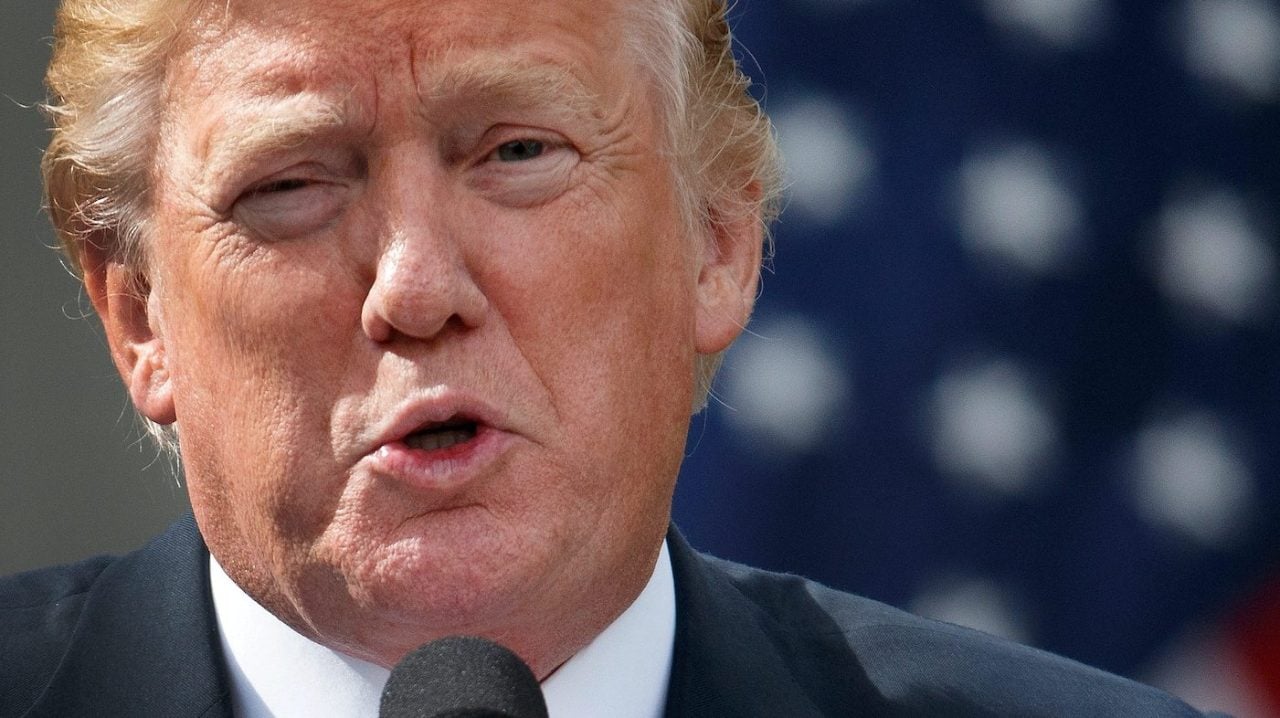Tax cuts and pandemic relief measures enacted during the Trump administration added $8.4 trillion to the national debt over the 10-year budget window, according to a study released Wednesday by a top budget watchdog group.
Discretionary spending increases from 2018 and 2019 added $2.1 trillion, Trump’s signature Tax Cuts and Jobs Act added $1.9 trillion and the 2020 bipartisan CARES Act for pandemic relief added another $1.9 trillion, the Committee for a Responsible Federal Budget (CRFB), a Washington think tank, found in a study released earlier this month.
“Of the $8.4 trillion President Trump added to the debt, $3.6 trillion came from COVID relief laws and executive orders, $2.5 trillion from tax cut laws, and $2.3 trillion from spending increases, with the remaining executive orders having costs and savings that largely offset each other,” budget experts with the CRFB wrote in a summary of the report.
The only significant deficit reduction enacted by the Trump administration noted in the report was due to tariffs levied on a variety of imported goods, which are calculated to have brought in $445 billion over 10 years.



No. Spending on much-needed infrastructure isn’t a zero sum expenditure. It’s an investment that invariably returns several times the money invested by helping all of society but especially those at the bottom who needs it the most and whose poverty and resulting decrease in ability to afford goods and services is hampering the economy second most of all factors (after the mega-rich hoarding the majority of all wealth and income, of course).
There would be no need to since it would be the best and most lucrative (for the people in general rather than a few billionaires and their corporations) investment that the US government ever made.